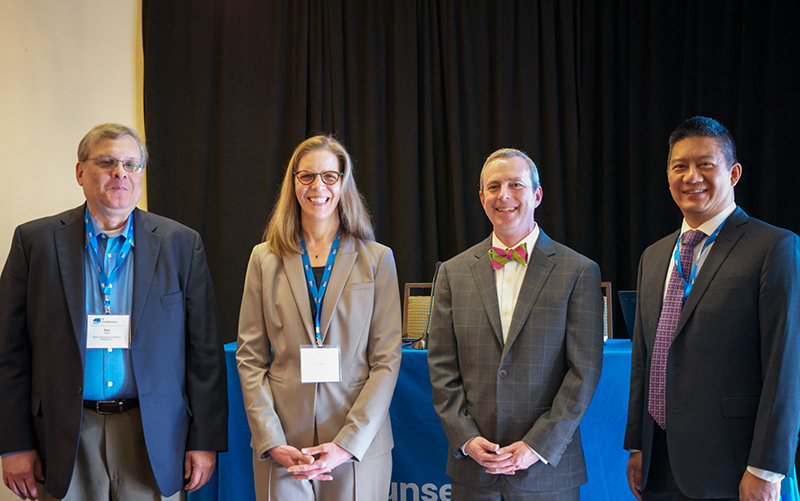A letter from 178 CFOs representing major corporations urges legislative leaders to overturn a change in the tax code that would limit deductions for R&D spending.
The new tax policy, which requires businesses to spread deductions for research and development costs over five years instead of taking the full deduction immediately, passed Congress in 2017 and took effect as of January this year, according to The Wall Street Journal. The CFOs say it is vital to stop this deterrent to R&D in their letter to Speaker Nancy Pelosi of the U.S. House of Representatives, House Minority Leader Kevin McCarthy, Senate Majority Leader Chuck Schumer, and Senate Minority Leader Mitch McConnell.
The change is expected to bring in $29.1 billion in tax revenue for 2022, but the CFOs say in the letter it will cause corporations “grave harm” and goes against a strategy they had been using for over 70 years.
“With wages and salaries accounting for 70% of R&D spending, the amortization requirement is expected to result in a loss of over 23,400 direct R&D jobs each year for the next five years, according to an analysis by EY,” write the CFOs, who include several representing members of the Biotechnology Innovation Organization (BIO).
BIO has been opposing the change
In June, BIO wrote a similar letter to congressional leaders urging a reversal of the change, so that R&D costs can be deducted immediately. “For the biotechnology industry specifically, it will divert much-needed funds away from small R&D-intensive companies, potentially doing long-term damage to the development of future treatments and ultimately limiting the pipeline of treatments and products that patients and consumers are relying on our industry to develop; technologies that help heal, fuel, and feed the world,” BIO said in the letter.
In October, BIO joined a coalition of 400 businesses and groups in a letter to congressional leaders urging “immediate legislative action” to restore R&D tax deductions. Members of BIO also “flew in” to Washington, D.C., in September to lobby legislators in person.
While there is reportedly bipartisan support for scrapping the change and keeping the full R&D deduction, legislation to do so would have to be approved by December to prevent the extra tax burden for this year.




